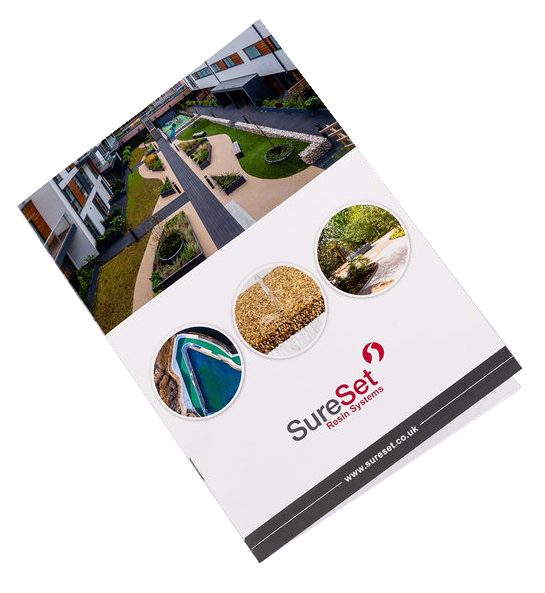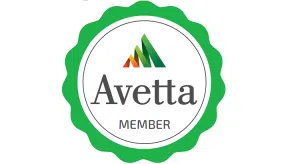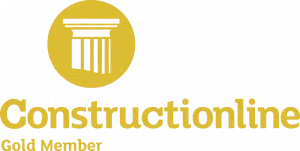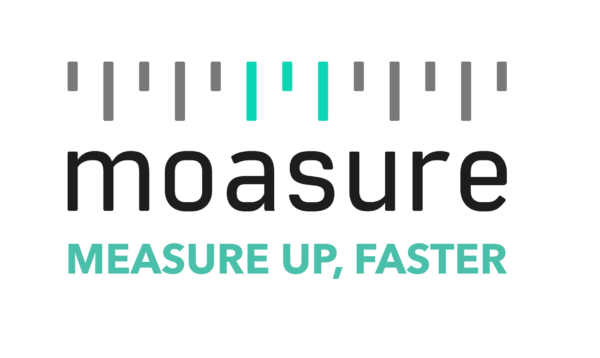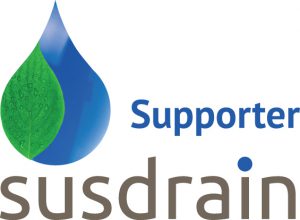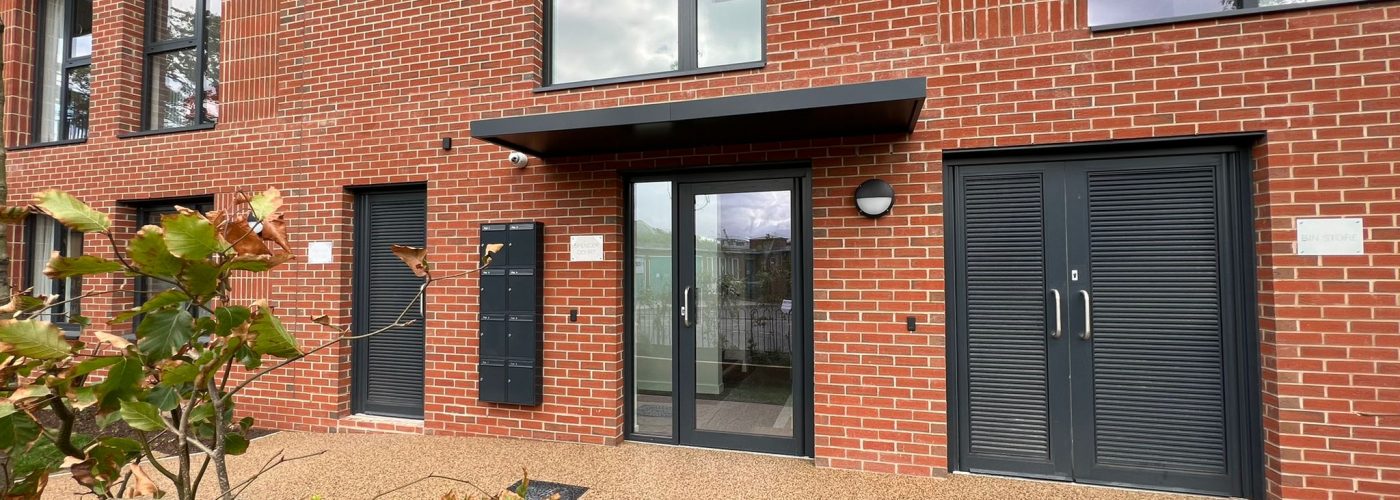
Is Resin Cheaper Than Block Paving?
For most households, cost is one of the most important factors when installing a new driveway or patio or improving an existing one. The cost itself is influenced by materials, labour, prep, future maintenance, and value for money, which might leave you with the question, “Is resin cheaper than block paving?”
Let’s take a closer look.
Costs Of Resin Vs Block Paving
Before we delve into the many different factors that influence the cost of resin and block paving driveways, let’s consider the basic cost of both options per square metre. This is a good starting point for answering the question, “Is a resin driveway cheaper than block paving?”
Resin bound paving for driveways usually starts at approximately £80 per square metre, prices are normally on a sliding scale meaning the lower the area the higher the price per square metre. If the average driveway is 50sqm, the cost of resin-bound paving will be approximately £6,250. The actual cost depends on the choice and size of the aggregate, the type of resin, and the required depth of paving. Whether the paving is being laid on an existing base or whether a sub-base must first be prepped, the type of edging used, the size of the driveway, haulage, and labour are all factors too.
Looking at block paving, we find that it tends to cost between £80 and £130 per square metre. Again, the actual cost of the project depends on the type of block paving used, the supplier, any preparations done before the paving is laid, and haulage and labour.
As you can see, the costs per square metre are quite similar, but there are other factors to consider.
Resin Vs Block Paving
While resin and block paving are similar in price, they are two very different products. Those differences also have a role to play in determining whether the resin is cheaper.
Resin Bound Paving
Resin bound paving is durable, flexible, and versatile, and it offers an array of options for the finish, which is determined by your choice of colour and type of aggregate. The aggregate is mixed with resin before being pressed onto a prepared surface. This happens in one even application. Using edging is recommended to keep the resin bound paving neat and tidy.
Materials: The materials you choose for your resin bound driveway can influence the cost. Some aggregates are more expensive than others, depending on the type of stone used. Some resins are more expensive than others. At SureSet, we use a UV-stable resin developed in-house to prevent sun damage. You can lay our resin bound paving over an existing driveway, or you can install one from scratch, using our SureCell as a sub-base. Preparing the base or sub-base and suitable edging are other costs to consider. A resin bound driveway should be laid in one installation. Depending on the size of the area, you may need a team of people to complete the job in a few hours, as the resin-aggregate mix shouldn’t be allowed to dry out before installation is complete.
Advantages: Resin bound paving is permeable, which means that it’s SUDS compliant, so planning permission is not required. This also means rainwater and snowmelt will not form puddles or pools on your driveway. The minute voids in the paving are too small for most weeds to grow in. Resin bound paving is fade resistant, stain resistant, and doesn’t suffer from displacement. Another advantage is that there aren’t any ongoing maintenance costs.
Disadvantages: Resin bound paving isn’t necessarily the best choice for a driveway used frequently by heavy vehicles. Even though this option is durable, wear and tear from heavy vehicles over time could lead to cracking.
Uses: How your driveway will be used is another factor to consider. If it’s a small, straight driveway on which cars will drive up and down, the resin will be installed at a 16mm depth on top of the base. If your driveway is sweeping or has a turning circle or other area where cars turn repeatedly, the resin should be installed at an 18mm depth on top of the base. If heavy vehicles will use your driveway, the resin should be installed at an even greater depth, which will increase the cost.
Maintenance Requirements: Resin bound paving has minimal maintenance requirements. Sweep away leaves and other debris once or twice a week, and jet wash, when necessary, to remove spillages or vehicle oil stains.
Block Paving
Block paving is an umbrella term covering bricks, stones, and occasionally, concrete paving blocks. This type of paving is renowned for being one of the pricier options when installing a new driveway.
Materials: Block pavers are usually made from cut stone, recycled bricks, or concrete. Either way, the materials are expensive, and they can be difficult to work with. Given that the blocks are available in various shapes and sizes, they need to be carefully laid to ensure an even finish. Some types of paving blocks need sealing before use, which can push up the cost of the project. Upstands around the edges are recommended for an attractive finish. Block pavers are not easy to lay, so you’ll probably need to get an expert in. You’ll also need to ensure that the ground has been prepared properly – it should be well drained and perfectly level. Installing a block paving driveway could take a small team of workers several days to complete, which will increase the overall cost.
Advantages: Block pavers offer a range of design possibilities, and when installed properly, offers a more attractive finish than other materials such as asphalt. Individual blocks can be lifted and replaced if they get damaged or stained. Most block paving options are permeable, making them SUDS compliant.
Disadvantages: Specialist paving blocks, such as tumbles and imitation stone setts, can be expensive. The paving blocks can sink if the sub-base isn’t prepared properly. A lack of edging restraints or kerbs can cause paving blocks to shift, leading to gaps. Regular weeding is needed as weeds grow easily in the spaces between the blocks. The sun’s UV rays can cause the colour of cheaper paving blocks to fade over time. Drainage systems must be installed (and planning permission be obtained) if paving blocks aren’t permeable.
Uses: Block paving driveways are durable enough to withstand regular use by light and heavy vehicles as well as pedestrians, provided the driveway has a properly prepared sub-base and edging/kerbing. If the sub-base has not been well prepared and there is no edging or kerbing, regular or heavy vehicle use will cause the blocks to sink, shift, or break.
Maintenance Requirements: Block paving requires regular maintenance that can be costly. In addition to sweeping the driveway regularly, you will need to remove weeds from time to time and treat it with weed killer. You’ll also occasionally need to clean the blocks with a paving block cleaner, as a high-pressure hose could damage the blocks. There will be times when you need to re-sand the joints with kiln-dried sand, and you’ll need to seal the driveway with paving block sealer.
Is resin cheaper than block paving? All things, considered, a resin bound driveway is cheaper than one installed using paving blocks.
Enquire
